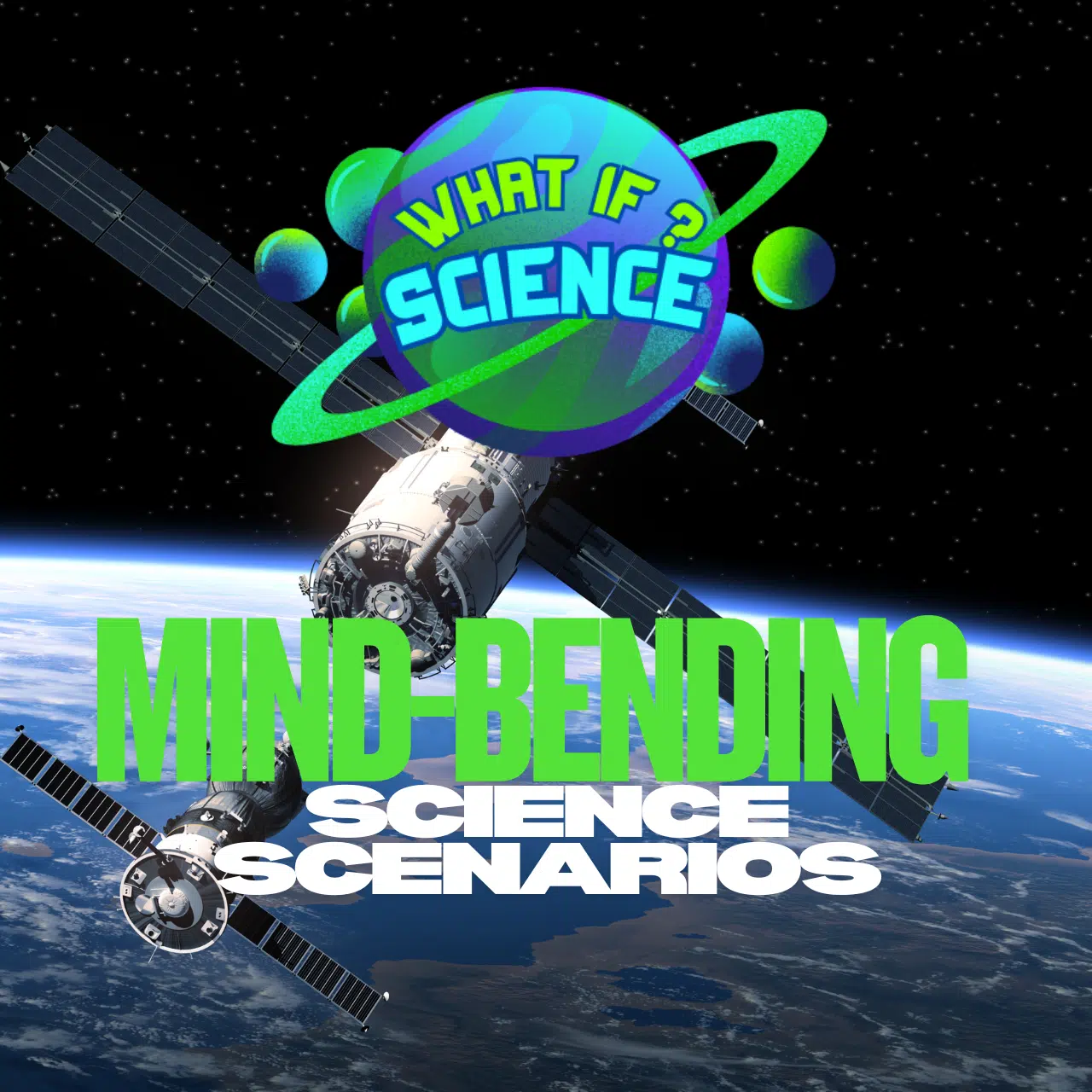The Moon has fascinated humans for millennia. It stabilizes Earth’s tilt, controls ocean tides, and even influences life cycles. But what if this silent guardian vanished overnight? The immediate and long-term consequences would ripple across Earth’s oceans, climate, ecosystems, and even human life. While the Moon disappearing is virtually impossible, exploring this scenario helps us understand how delicate our planet’s balance truly is.
Introduction: The Moon’s Role on Earth
The Moon is much more than a beautiful night-time companion. It stabilizes Earth’s axial tilt, regulates tides, and has influenced the evolution of life. Its gravity pulls on our oceans, creating tides that help regulate marine ecosystems. Its presence also stabilizes Earth’s rotation, preventing extreme wobbling that could wreak havoc on climate patterns.
But imagine waking up one morning to find the Moon completely gone. What would happen?

Immediate Effects: Ocean Tides Collapse
Without the Moon, Earth’s tides would change drastically:
- Tidal Range Reduction: The Sun would still cause tides, but only about one-third as strong.
- Disruption of Marine Life: Tides regulate feeding, reproduction, and migration for many marine species. Their sudden reduction could disrupt ecosystems.
- Coastal Changes: Beaches, estuaries, and tidal zones would experience altered sediment deposition and erosion patterns.
The oceans would appear calmer in some ways, but the ecological impact would be immediate and profound.

Impact on Earth’s Rotation and Axial Tilt
The Moon stabilizes Earth’s axial tilt at roughly 23.5 degrees. Without it:
- Tilt Wobble: Earth could tilt anywhere between 0 and 85 degrees over thousands of years.
- Extreme Seasons: Regions could experience prolonged winters or scorching summers depending on tilt shifts.
- Climate Chaos: Predictable climate patterns could collapse, making long-term agriculture extremely difficult.
Without the Moon, life as we know it could face extreme environmental pressures over the long term.

Night Sky Changes
The disappearance of the Moon would profoundly alter the night sky:
- Brighter Stars: Nights would be darker, revealing stars and galaxies previously obscured by moonlight.
- Loss of Lunar Landmarks: Cultural, navigational, and natural cues from the Moon would vanish.
- Impact on Nocturnal Animals: Species that rely on moonlight for hunting or mating cycles could face survival challenges.
Our familiar lunar calendar, folklore, and even human sleep patterns would suddenly be disconnected from the Moon’s influence.

Effects on Earthquakes and Volcanic Activity
The Moon’s gravity exerts tidal forces not only on oceans but also on Earth’s crust. Its disappearance could have subtle geological consequences:
- Tectonic Stress Redistribution: Reduced tidal forces could shift stresses in Earth’s crust.
- Potential Increase in Quakes: Some regions might see increased tectonic activity over time.
- Volcanic Patterns: Magma movement could be affected by the lack of lunar gravitational pull.
While not immediate, these changes could impact geologically active regions over centuries.

Human and Animal Impacts
Humans and animals would feel the Moon’s absence in surprising ways:
- Sleep Cycles: Humans historically adjusted sleep and activity patterns based on moonlight.
- Migration Disruption: Many species, such as sea turtles, rely on lunar cues for reproduction.
- Cultural Loss: Calendars, festivals, and myths tied to the Moon would vanish overnight.
Life would adapt over time, but the immediate shock to ecosystems and human culture would be immense.

Long-Term Consequences
Over thousands to millions of years, the Moon’s absence could:
- Cause Earth’s axis to tilt dramatically, triggering ice ages or permanent desertification.
- Alter ocean currents, affecting global climate patterns and possibly causing mass extinctions.
- Transform Earth into a planet that looks and behaves completely differently from today.
Without the Moon, the delicate balance that allows life to thrive could be severely disrupted, highlighting its critical role in Earth’s stability.
Conclusion
If the Moon disappeared overnight, Earth would face tidal collapse, climate chaos, dark nights, disrupted ecosystems, and long-term geological changes. While life might persist, the world would be a far harsher and less predictable place. The Moon is more than a celestial ornament—it is a vital component of Earth’s stability, climate, and ecology. Imagining its disappearance reminds us how much we rely on this silent cosmic companion.

